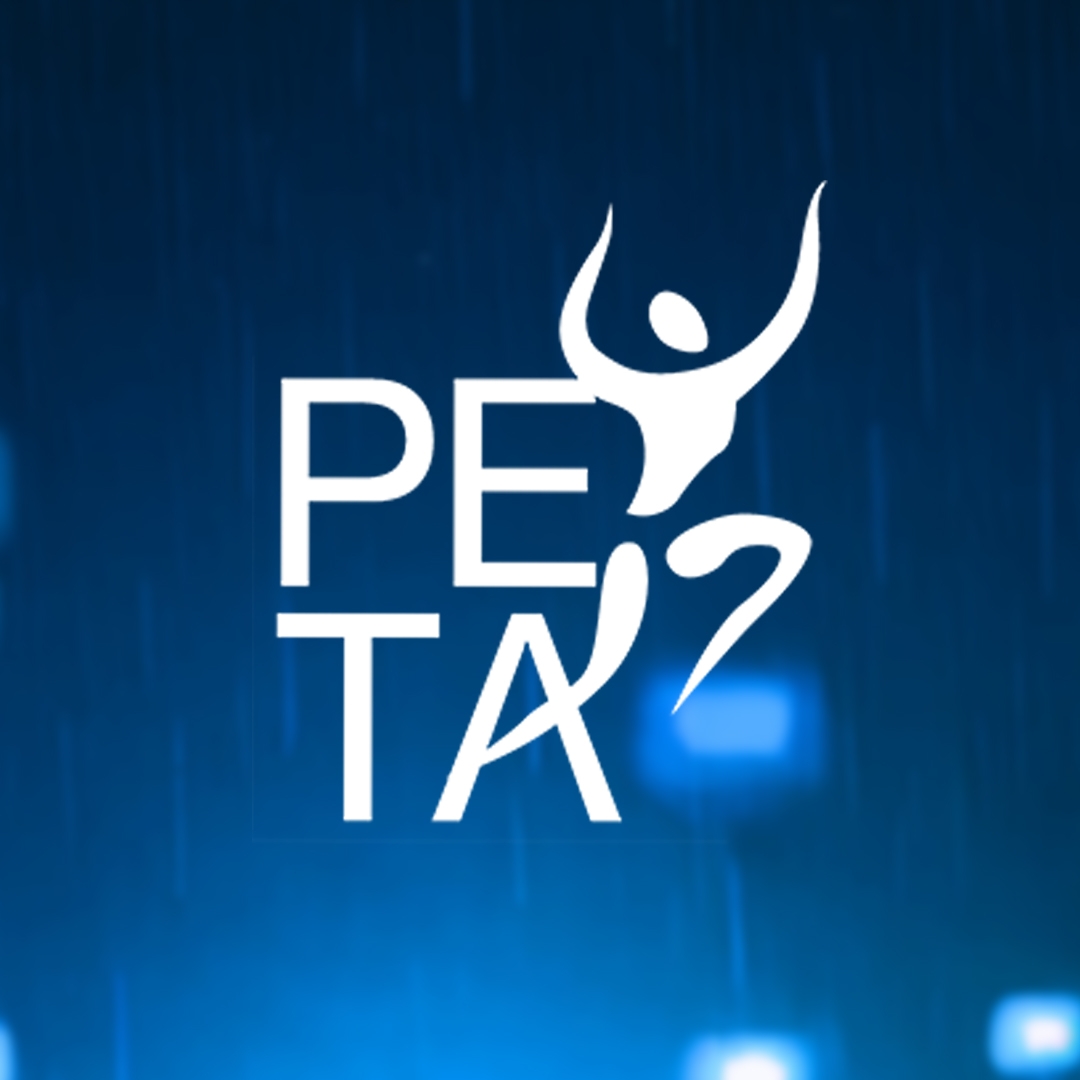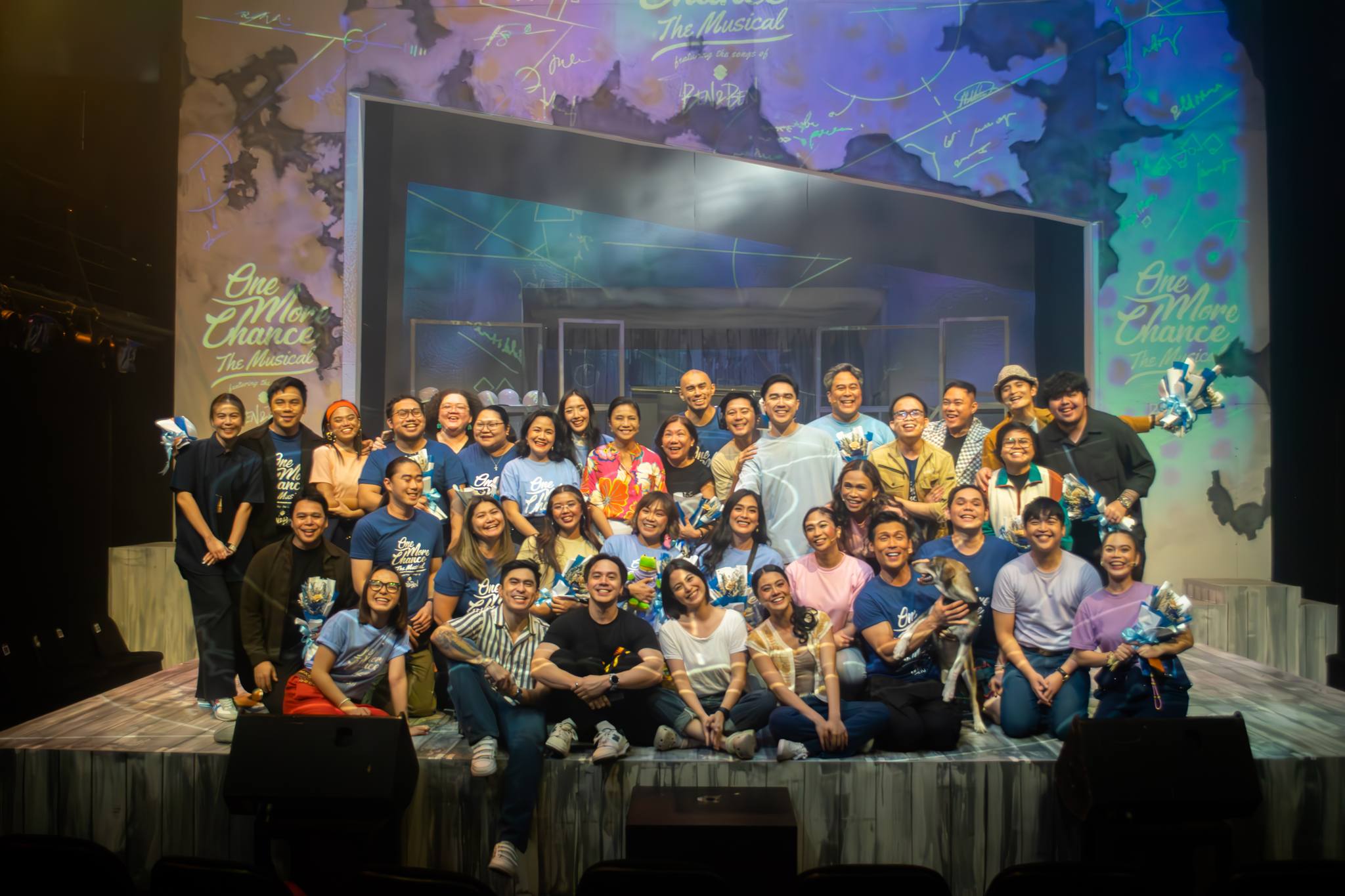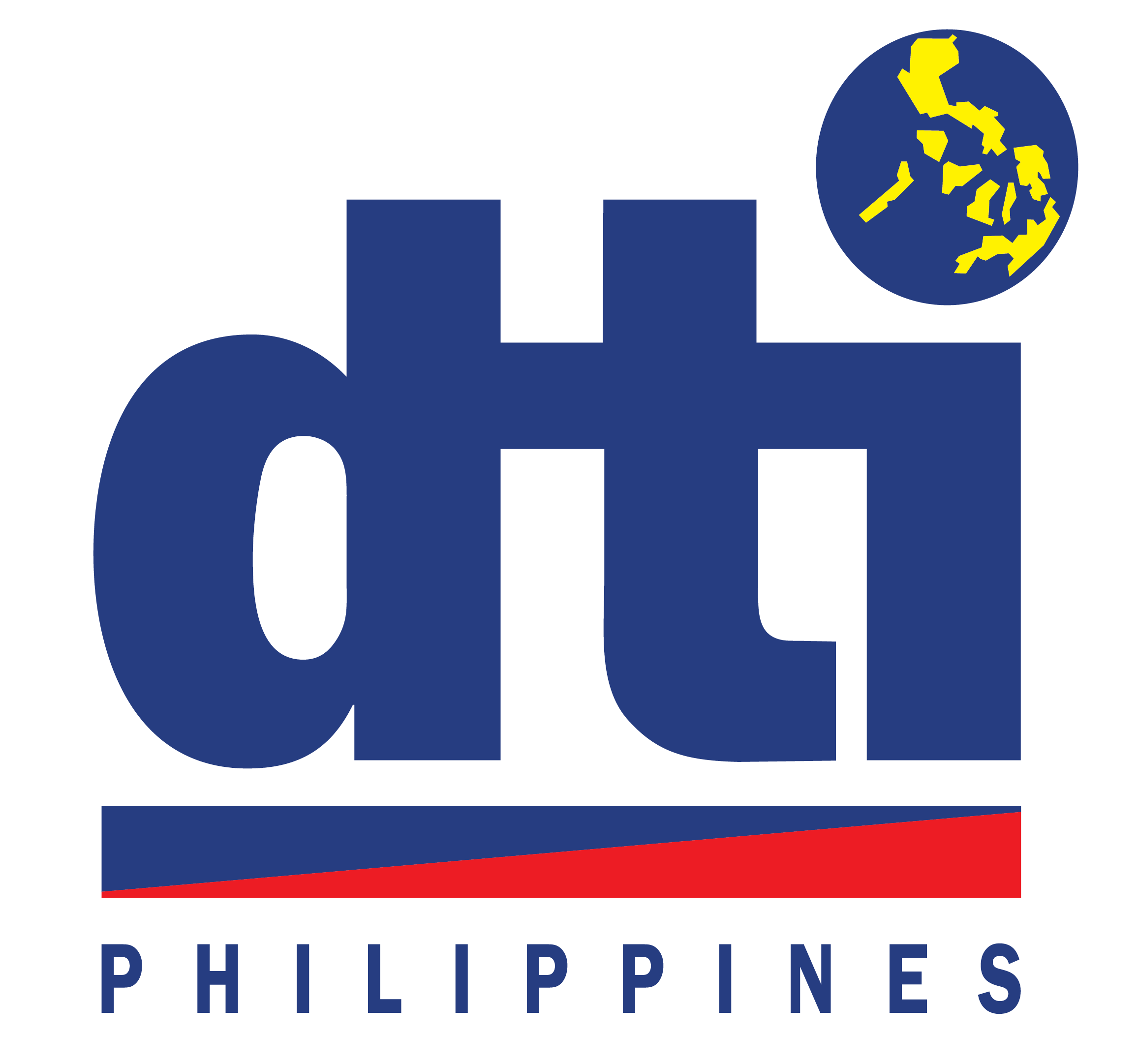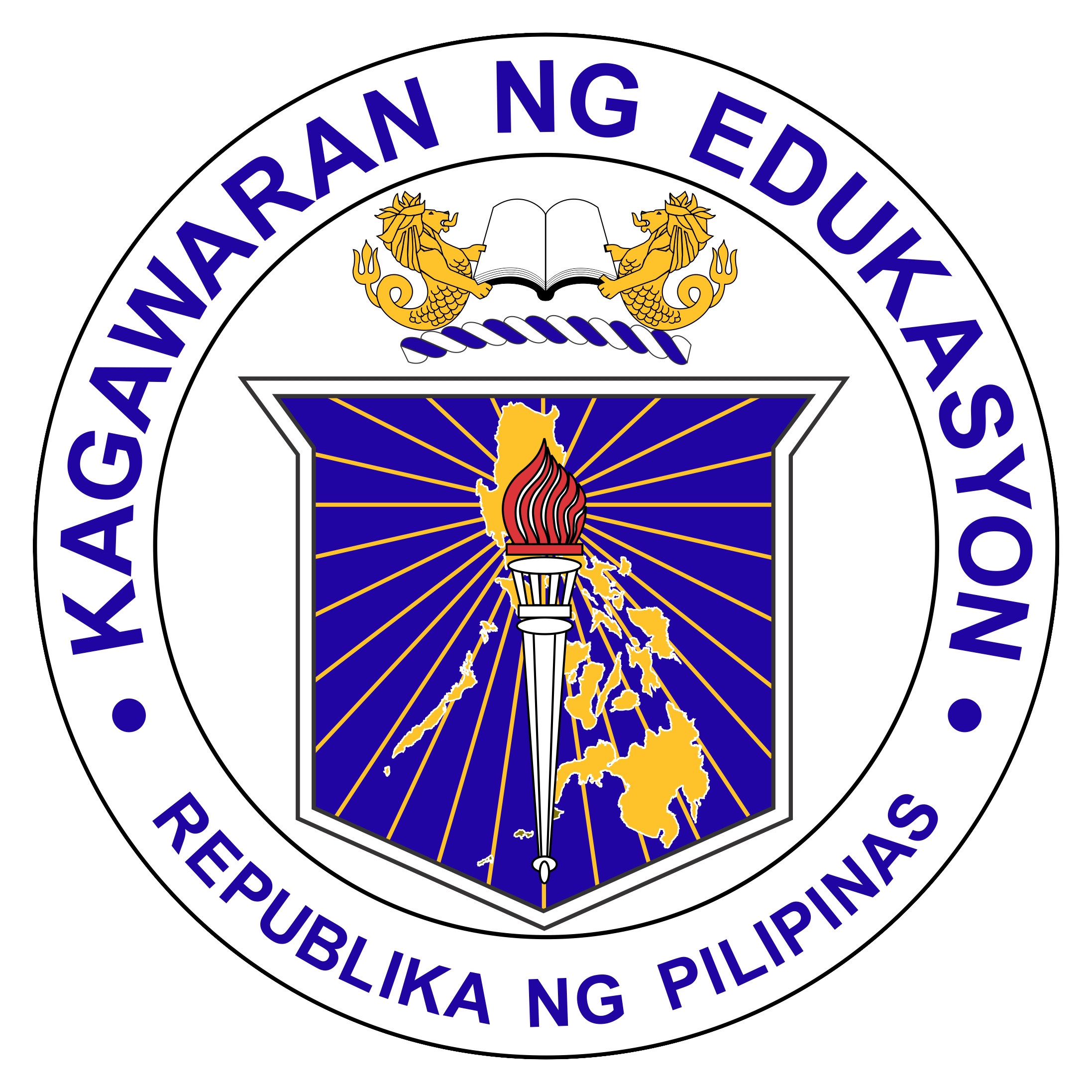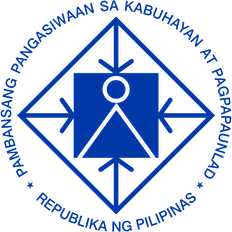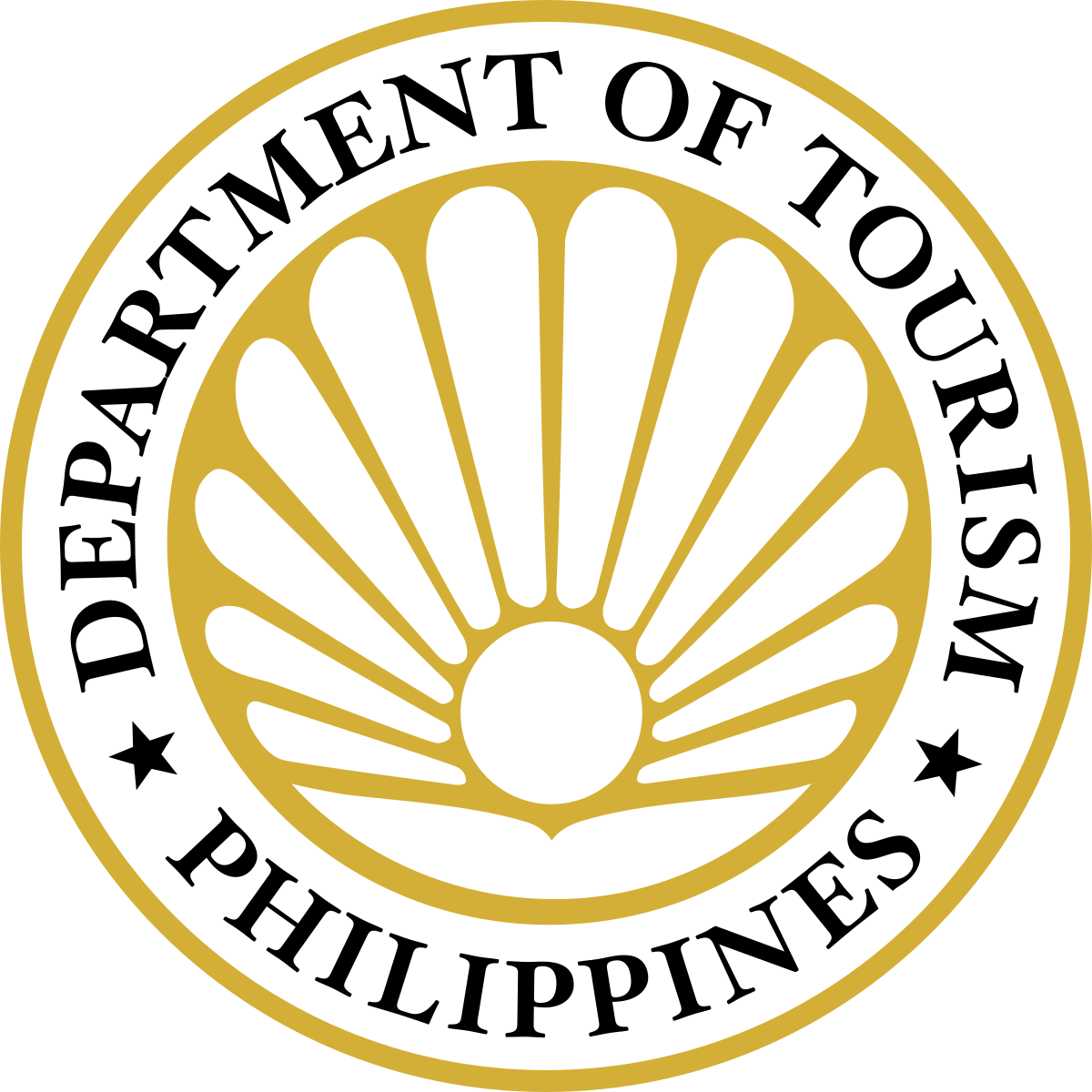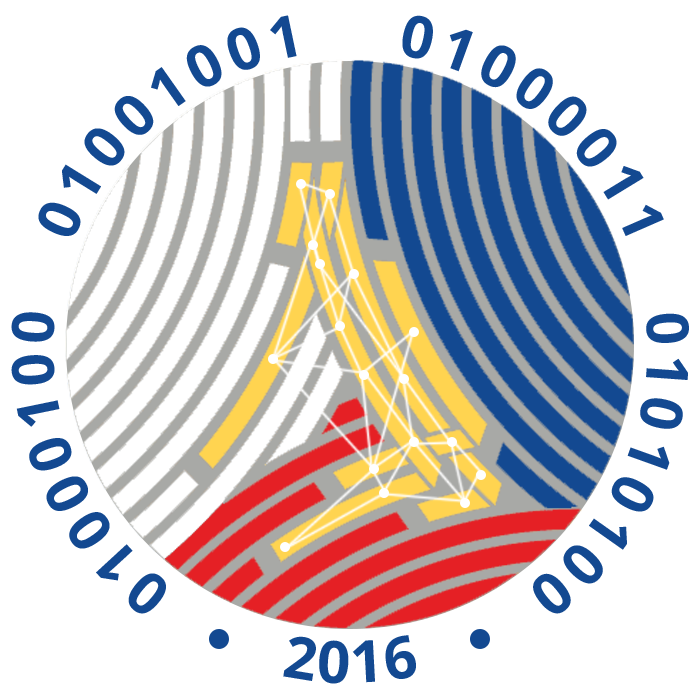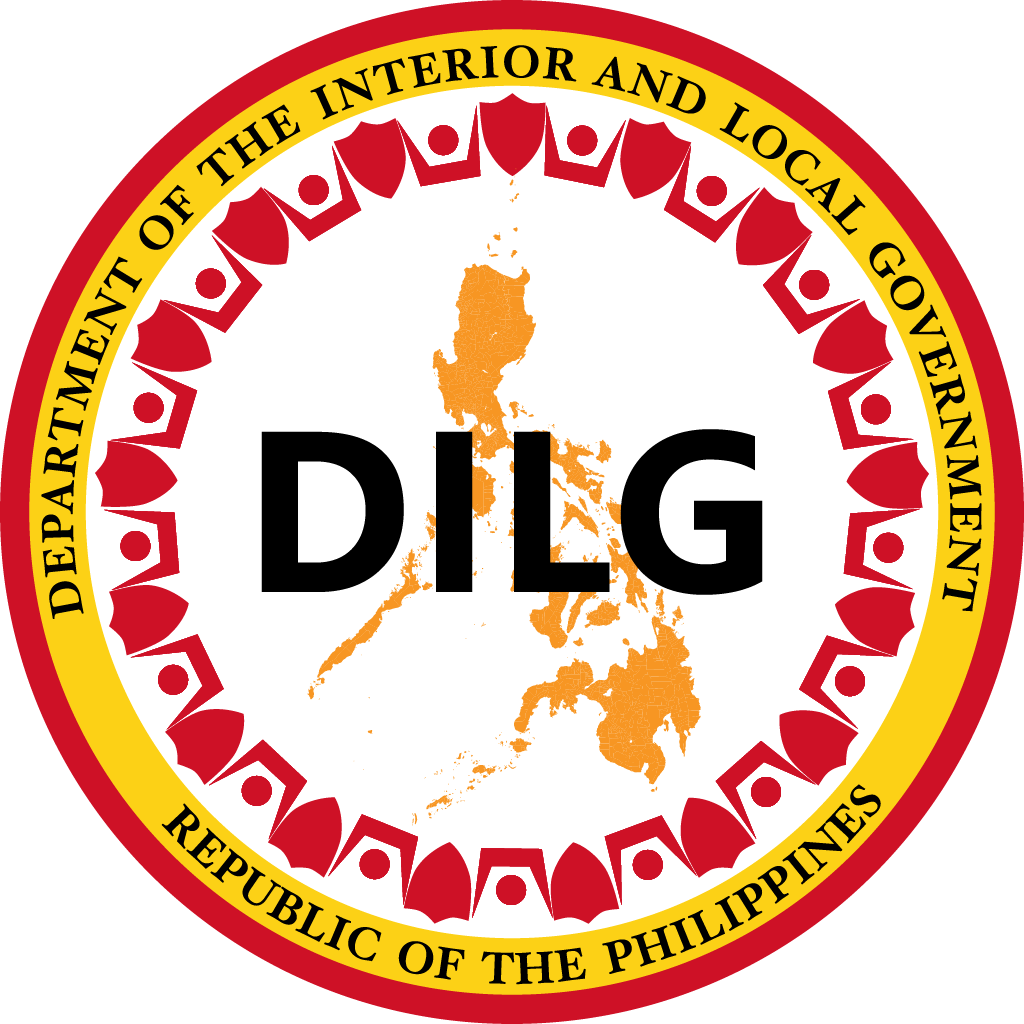Cecile Guidote-Alvarez founded the Philippine Educational Theater Association (PETA) on April 7, 1967 with the vision of a Philippine Theater engaged in the development of people and society.
In 1971, PETA became the UNESCO-ITI (International Theater Institute) Center in the Philippines, and in the same year it organized the first Third World Theater Festival, held in the 400th year of the foundation of the City of Manila.
When its founder was forced to go on political exile because of Martial Law in 1972, PETA’s new breed of artist-teacher-leaders continued to steer the company towards a People’s Theater committed to social change.
The social conditions and political climate during the Martial Law sharpened the people-based theater aesthetics of PETA. It inspired the company to use the power of theater as a means of producing plays for empowerment and development, especially of the most disadvantaged sectors of society/those in the margins.
PETA began by asserting the then radical view of creating and performing plays in Filipino. Most of PETA’s plays were staged at the historic Dulaang Rajah Sulayman, an open-air theater designed by National Artist Leandro V. Locsin. By the 90’s, it boasted of a solid record of some 300 plays written, translated, adapted, published and performed, which shaped the company’s theater history, enriching it through theater forms and techniques that expressed local, national and universal themes. Among PETA’s earlier plays have been: Bayaning Huwad, Larawan, May-i, May-i, Hanggang Dito na Lamang at Maraming Salamat, Juan Tamban, Pilipinas Circa 1907, Ang Buhay ni Galileo, Macbeth, Canuplin, Macliing, Minsa’y Isang Gamu-Gamo, Ang Paglalakbay ni Radya Mangandiri, 1896.
In 2005 PETA fulfilled one of long-term goals when it moved to a permanent home, The PETA Theater Center. A landmark in Philippine Arts and Culture, the center in itself is a testament to the creativity, ingenuity, resilience of PETA. The center now serves as a physical base for the entire gamut of PETA undertakings, from professional theater repertory performances, year round workshops and its community and outreach programs.
Settled in its new home, PETA continued to mount out-of-the box, cutting-edge productions that mainstreamed relevant issues that engaged its urban audiences. PETA’s modern repertoire ranged from fresh adaptations of world classics like Haring Lear, Arbol de Fuego (Anton Chekhov’s The Cherry Orchard), to staging iconic children’s theater productions like Mga Kuwento ni Lola Basyang, and Batang Rizal. Most recently, the company has also explored the use of modern pop music to maintain the connection with its evolving audience. Its contemporary musicals include Skin Deep, William, Care Divas and its phenomenal musical hit Rak of Aegis.
Relentless in seeking out new audiences, it vigorously partnered with schools, parishes and communities all over the country to ensure that it is able to share its rich educational performances to as many Filipinos as possible. The company embarked on many exhilarating tours. Its mobile plays included Tumawag kay Libby Manaoag, Si Juan Tamad and Diyablo at ang Limang Milyong Boto, Hans Christian Andersen Must Be a Filipino, Noli at Fili Dekada dos Mil, Rated:PG, ASL…Please! and Padayon.
Through its inspired leadership and the contribution of its dedicated members and staff, PETA mastered its triple bottom lines of artistic excellence, relevance and viability while remaining true to its vision of using theater as a tool for education, social change and development.

